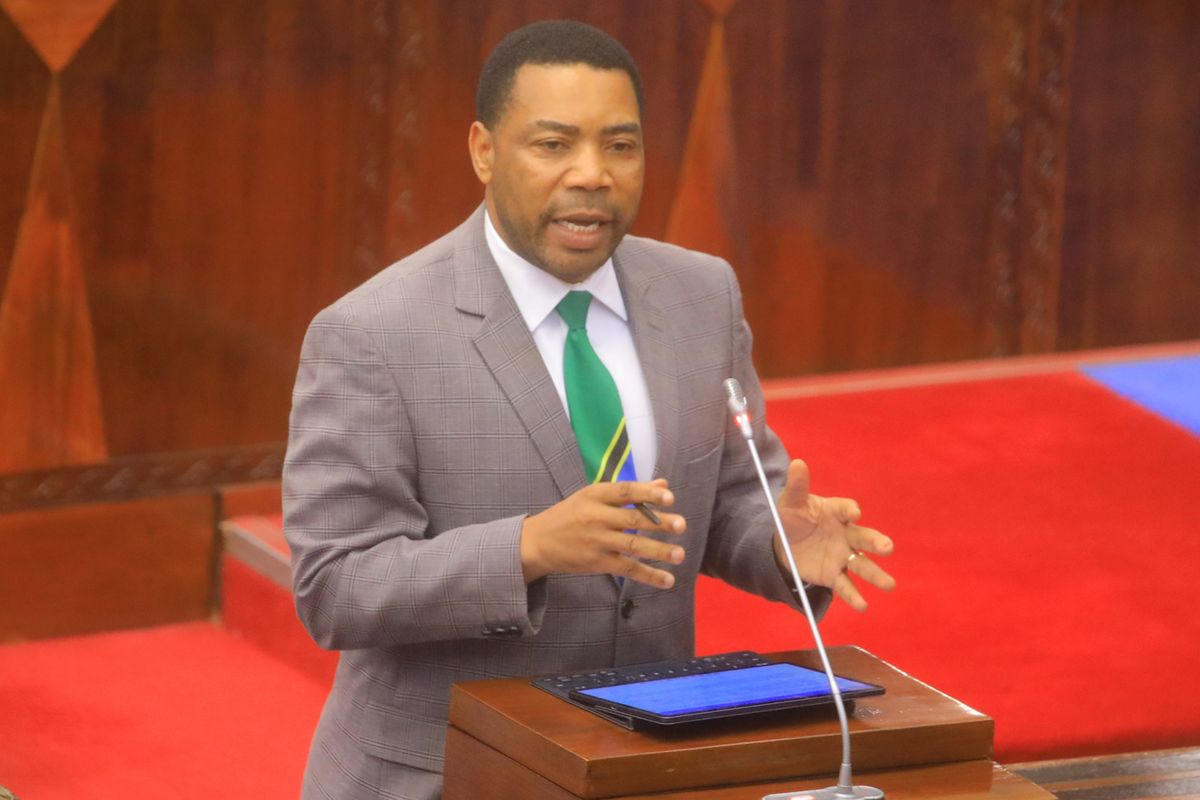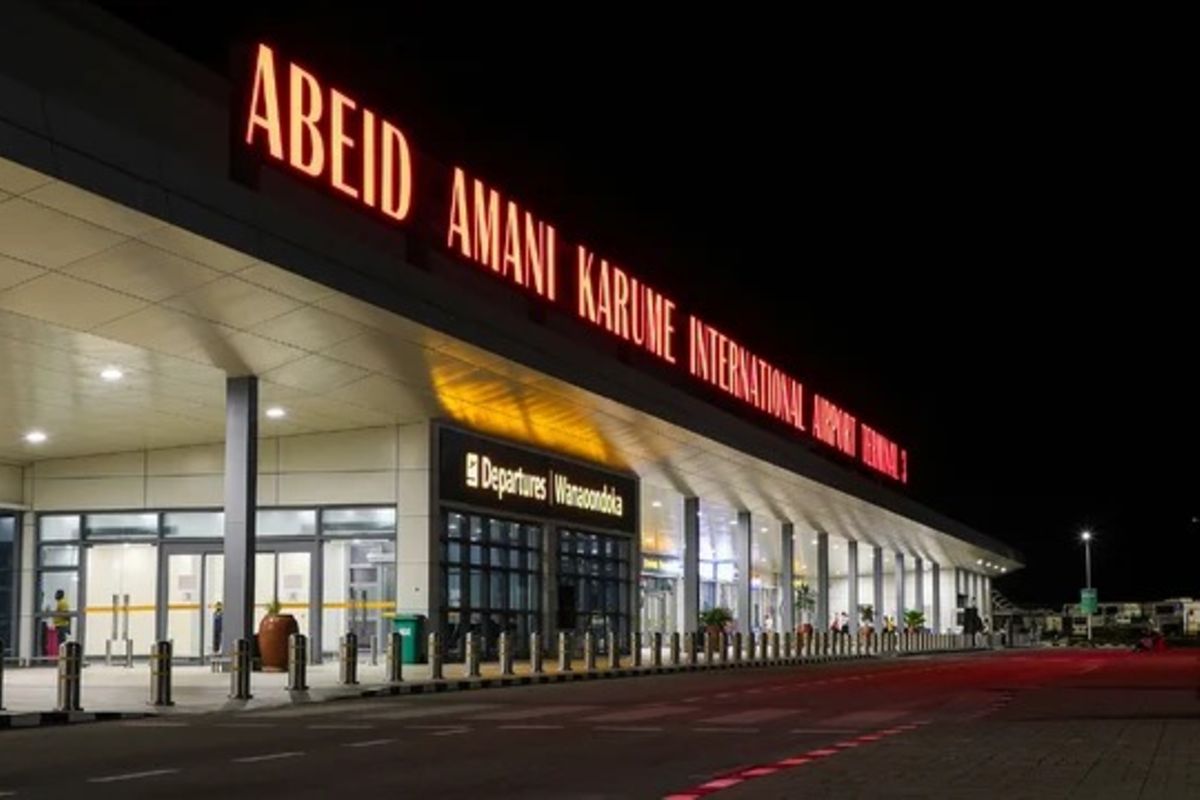Dodoma. Serikali ya Tanzania imewasilisha bungeni Muswada wa Sheria ya Fedha kwa mwaka 2024 ambao unapendekeza asilimia mbili ya mapato yanayotokana na ushuru wa bidhaa kwenye vinywaji laini, vileo na vipodozi ziwekwe katika Mfuko wa Bima wa Afya kwa Wote (UHC).
Muswada huo umewasomwa mara kwanza bungeni leo Alhamisi, Juni 20, 2024, unapendekeza marekebisho kwenye Sheria ya Bima ya Afya kwa Wote, ambapo kifungu cha 25(3) kinapendekezwa kurekebishwa ili kuainisha kiwango cha ushuru wa bidhaa ambacho kitapelekwa katika Mfuko wa Bima ya Afya kwa Wote.
“Aidha, inapendekezwa kiasi cha asilimia mbili kinachotokana na ushuru wa bidhaa kwenye vinywaji laini, vileo na vipodozi kiwekwe katika mfuko huo,” amesema Waziri wa Fedha, Dk Mwigulu Nchemba katika maelezo ya muswada huo.
Amesema asilimia 100 ya ushuru wa bidhaa unaotokana na dau la kamari pia utatumika kama chanzo cha mapato ya UHC.
Sakata la sukari
Muswada huo, unapendekeza kufanya marekebisho katika Sheria ya Tasnia ya Sukari, ambapo kifungu kipya cha 14A kinapendekezwa kuongezwa kwa lengo la kuiwezesha Wakala wa Taifa wa Hifadhi ya Chakula (NFRA) kuingiza ndani ya nchi, kuhifadhi na kusambaza sukati kwa matumizi ya ndani ya nchi wakati wa upungufu.
“Lengo la hatua hii ni kuwezesha upatikanaji wa sukari nchini na kuondoa uhodhi kwa baadhi ya wenye viwanda bila kuathiri dhamira ya Serikali ya kulinda viwanda vya ndani,” amesema Dk Mwigulu.
Pia, Muswada huo unapendekeza marekebisho katika Sheria ya Ushuru wa Barabara na Mafuta, Sura ya 220, ambapo kifungu cha 3 kinarekebishwa kwa kuiandika upya tafsiri ya msamiati “nishati” ili kujumisha gesi asilia katika tafsiri hiyo.
Aidha, vifungu vya 4, 4A na Jedwali la Pili vinarekebishwa ili kutoza ushuru wa Sh382 kwa kila kilo ya gesi asilia inayotumika kwenye magari na mapato yatakayotokana na ushuru huo yatapelekwa katika Mfuko wa Barabara.
Dk Mwigulu amesema lengo la marekebisho haya ni kuongeza mapato yatakayotumika katika kufanya matengenezo ya barabara pamoja na kuleta usawa kwa kuwa magari yanayotumia mafuta tayari yanachangia mapato kwa ajili ya matengenezo ya miundombinu ya barabara.
Source: mwananchi.co.tz














